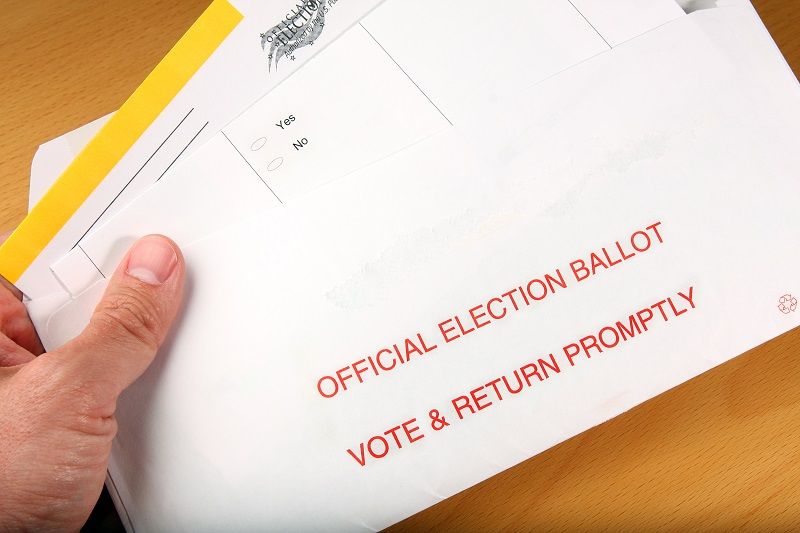

Virtually everyone agrees that the state of Oregon needs a rainy day fund; they just disagree on how to finance it. Last year voters rejected a rainy day fund coupled with a state spending limit. Now, even though state general fund revenue is expected to be 20 percent higher than last biennium, legislative leaders want corporations to give up this year’s kicker refund to build the fund.
Major business groups endorsed that idea, but the increase in the corporate minimum tax that comes along with it is causing some business people and legislators to reconsider. In return for letting small businesses keep their kicker checks, the $10 corporate minimum tax will go up based on sales within the state. The formula is so flawed that, for example, a corporation earning a one percent profit on sales of $1,000,001 would have to pay all of its $10,000 profit in state taxes. Earn less, and the tax would be more than the company made.
The politics of this deal are as messy as the tax formula is flawed. Business groups and legislators who understand that business always passes taxes on to individuals such as customers, employees or shareholders should stand up and say so. And everyone should ask again why a 20 percent increase in the state budget isn’t enough to start a rainy fund without taking money that rightfully belongs to the companies that earned it.
© 2007, Cascade Policy Institute. All rights reserved. Permission to reprint in whole or in part is hereby granted, provided the author and Cascade Policy Institute are cited. Contact Cascade at (503) 242-0900 to arrange print or broadcast interviews on this topic. For more topics visit the QuickPoint! archive.











